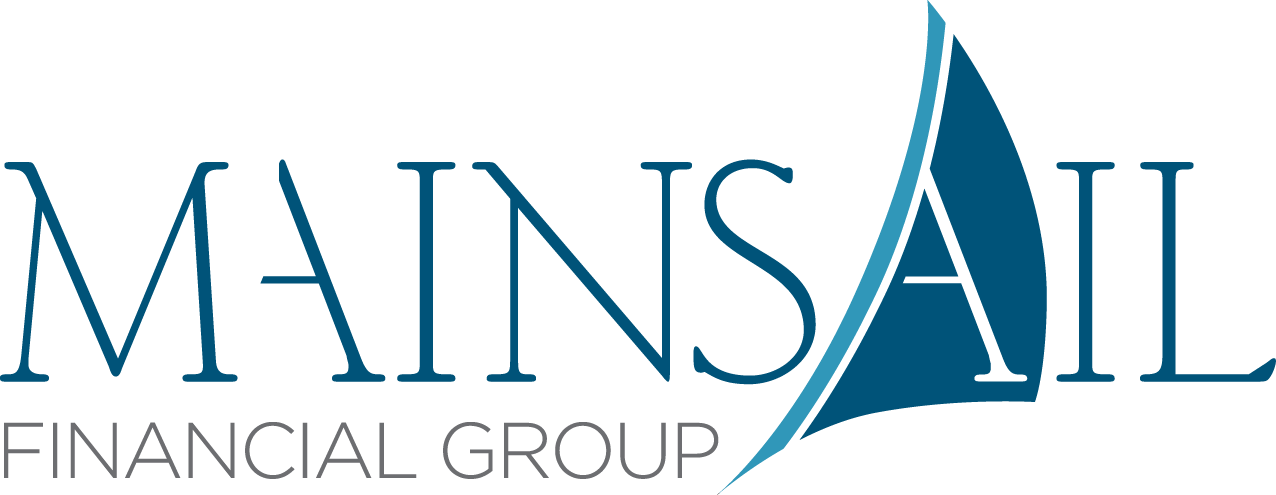6 Key Reasons To Invest in a Roth vs Traditional IRA or 401(k)
When it comes to retirement planning, there is a lot of advice floating around out there. As a general rule of thumb, this advice often suggests that those with a higher income should always invest in the traditional, pre-tax retirement account options available, such as 401(k)s and IRAs. But when is it better to invest in a traditional vs. Roth IRA or 401(k)?
This general advice assumes you will be paying more in taxes today than in retirement and that deferring taxes is always better. On the surface, this seems reasonable, but many who have followed this advice actually find they are paying more taxes in retirement than they were in their working years and may have been better off biting the tax bullet in the early years. Here are a few reasons to consider a Roth 401(k) or IRA, regardless of your income and tax bracket today.
6 key reasons to invest in a Roth 401(k) or IRA regardless of your current income:
Tax rates are near all-time lows
Current tax rates are the lowest they have ever been. With the government’s spending habits, there may only be one answer to balance the budget and we may very likely see tax rates go up in the future. If tax rates do go up, you may find paying taxes now much more beneficial at the current rates.
Are you prepared for taxes in retirement?
For more long term tax planning strategies, claim your FREE copy of Brandon’s book, Retire by Design!
Tax diversification
Just like you diversify your investments within your account, it is critical to diversify the tax implications of these investments. The passing of the SECURE Act in late 2019 is a perfect example of how quickly plans can change. We do not have the crystal ball for future tax rates or potential policy changes, so tax diversification is the best way to handle this uncertainty. By doing so, you will provide yourself the flexibility to pull from the best “tax buckets” at the best times to minimize the overall tax impacts over your life and beyond.
RMDs (Required Minimum Distributions)
At age 72, the IRS forces you to take money out of your pre-tax or traditional retirement vehicles every year. (Prior to the SECURE Act, RMDs began at age 70 and 1/2.) Not only will the distributions be required, but the money you take out is fully taxable as ordinary income. Many folks are not fully aware of this impact and if you have saved a significant amount to an IRA or 401(k), this RMD can be substantial, even bumping you up tax brackets.
Are you making a critical retirement planning mistake?
To learn retirement distribution strategies and develop a thoughtful income strategy, click here to claim your FREE online course!
Government benefits and unintended consequences
Believe it or not, your social security benefit will also be taxed based on your income in the years you receive these benefits. Not only will your taxable income affect your social security benefits but also your Medicare costs. If you have a higher taxable income, your Medicare premiums can increase, leading to higher medical costs through retirement.
Planning for the unexpected
I think we all would like to plan for the perfect retirement where everything goes exactly as expected. But, if you were to plan a road trip, it would be wise to plan ahead for a potential blown tire or unexpected pit stop. What if a major expense were to come up or you were to experience a significant medical expense in retirement? When these unexpected expenses occur, you may find that you need to take out a large amount of additional money. If the only funds available are in your traditional 401(k), this can create a double-edged sword of decreasing your portfolio and increasing your tax bill.
Leaving a legacy
Effective estate or legacy planning is extremely personal and complex, but one very effective strategy is through utilizing Roth IRAs. As it stands today, Roth IRA accounts do not require RMDs (as opposed to pre-tax retirement accounts), therefore allowing you to let your accounts grow for future generations. Not only does the Roth vehicle allow you to preserve your assets for future generations, but this amount will be 100% income tax-free to the beneficiary as well, allowing the freedom to use the funds as and when desired. Starting on January 1st, 2020, the SECURE Act forces beneficiaries of retirement accounts to distribute the entire balance within a 10 year period. This illustrates even further the advantage of a Roth to allow these funds to be distributed tax-free, as opposed to taxable with a traditional IRA, to your beneficiaries.
Although the Roth retirement account can be an extremely powerful tool, by no means should everyone be saving all of their resources to a Roth. Nothing in financial planning is one-size-fits-all but this should give you a sense of why the Roth can play a role in your plan regardless of your income today. Since the passing of the SECURE Act in 2019, the benefits to invest in Roth have become even more compelling and may provide more reason to consider a Roth for your financial plan.
To learn more about Roth IRAs and 401(k)s and if these retirement account types might be right for you, please reach out to us today!

